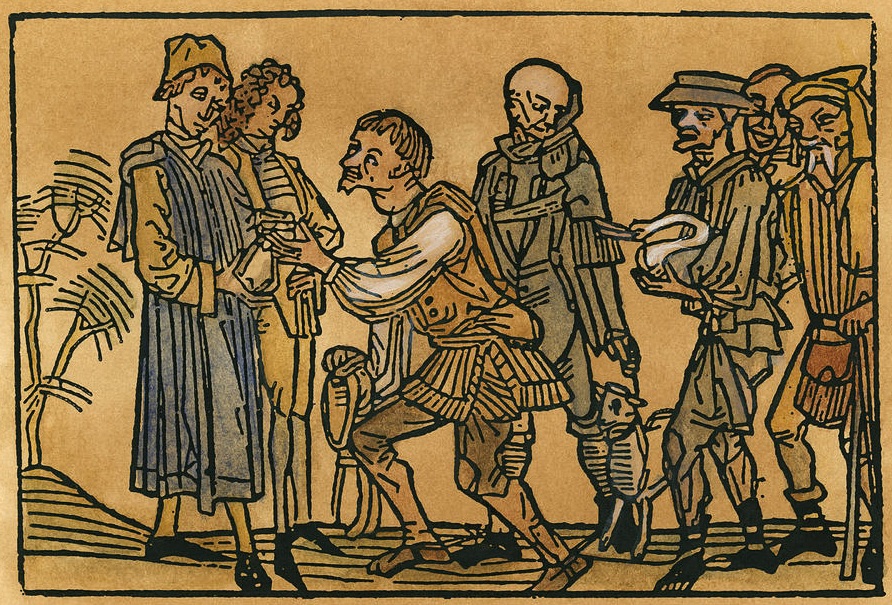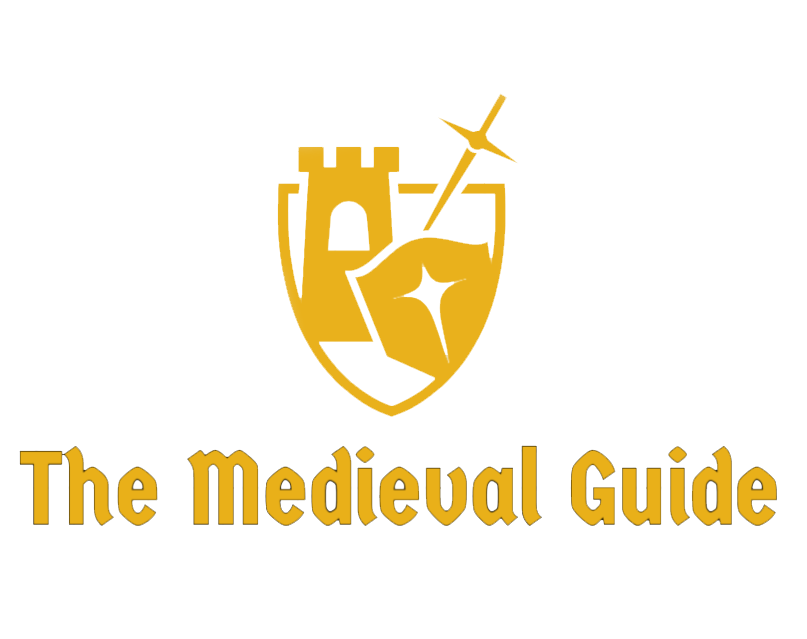During the Middle Ages, kings and other rulers had a number of different ways of generating income and wealth. These included a variety of taxes, fees, and other forms of revenue, as well as the exploitation of natural resources and the use of trade and commerce.
Taxation as a source of income for medieval kings
Taxation was a crucial source of income for medieval kings and other rulers. Kings collected taxes from their subjects in order to fund their governments and maintain their power. These taxes could take a variety of forms, including direct taxes on the income or property of individuals, and indirect taxes on goods and services.

Direct taxes were levied on the income or property of individuals, and were often used to fund specific projects or initiatives. For example, a medieval king might impose a tax on the income of his subjects in order to fund the construction of a new castle or the maintenance of the royal navy. Direct taxes could also be levied on the property of individuals, such as land or buildings.
The exploitation of natural resources
The exploitation of natural resources was an important source of income for medieval kings and other rulers. Kings often controlled large tracts of land and had the right to extract resources such as timber, minerals, and other resources from these lands. These resources could be sold or traded for profit, and were a significant source of income for many medieval kings.
In addition to extracting resources from their own lands, medieval kings also had the ability to exploit the resources of other territories through conquest and colonization. For example, many medieval kings and rulers engaged in wars and campaigns to conquer new lands and expand their territories.

The resources of these conquered lands could then be exploited for the benefit of the ruling kingdom or empire.
Trade and commerce as a source of income
Trade and commerce were also very important sources of income for many medieval kings and other rulers. Kings often controlled important trade routes and levied tolls and tariffs on the goods that passed through their territories. These tolls and tariffs were a significant source of income for many medieval kings, and were often used to fund the government and support the ruling elite.
In addition to levying tolls and tariffs on trade, many medieval kings also engaged in trade directly. They imported and exported a wide variety of goods, including luxury items such as spices, fabrics, and other exotic goods. Kings also sold their own products, such as wool, cloth, and other manufactured goods. The profits generated from these trades were a significant source of income for many medieval kings.
Fines and fees levied by medieval kings
In addition to these sources of income, medieval kings also had the right to levy fines and fees on their subjects.
These could be imposed for a variety of reasons, such as crimes or offenses against the crown, or as a way to raise funds for specific projects or initiatives. Kings also had the right to confiscate the property of their subjects in certain circumstances, such as when they were convicted of a crime or when they failed to pay their taxes.
The sale of offices and titles
Finally, medieval kings also had the ability to generate income through the sale of offices, titles, and other privileges. Many kings sold positions within their governments or granted titles and honors to individuals in exchange for money or other favors.
These sales could generate significant amounts of income for the crown, and were a common source of revenue during the Middle Ages.
Conclusion: The diverse sources of income for medieval kings
In conclusion, medieval kings had a number of different ways of generating income and wealth. These included taxation, the exploitation of natural resources, trade and commerce, fines and fees, and the sale of offices and titles. These sources of income allowed medieval kings to maintain their power and influence, and were a crucial part of the medieval economic system.
